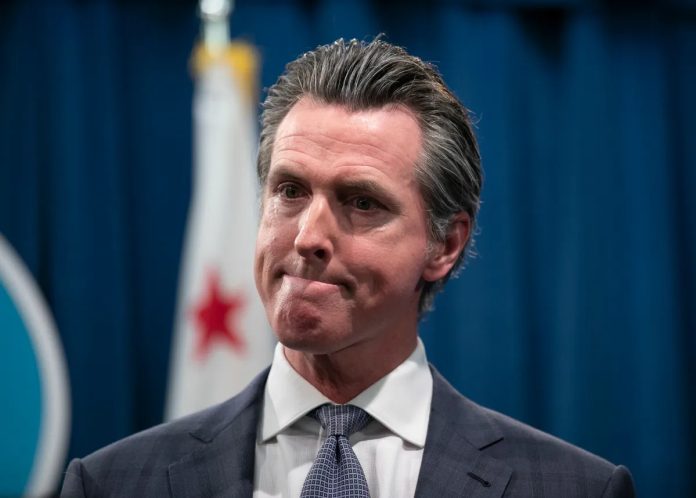Unbeknownst to many Californians, they are now finding themselves financially responsible for the state’s nearly $20 billion federal loan default, which was taken out to address California’s unemployment fund deficit during the COVID pandemic. The reality of this responsibility came to light when the state ceased making payments on the loan. According to federal law, when a state defaults on a federal unemployment insurance loan, its businesses must repay the debt. The default is further exacerbated by the outdated IT system of California’s Employment and Development Department (EDD), which enabled more than $30 billion in fraudulent unemployment claims during the pandemic.
Fraudulent beneficiaries included felons behind bars, individuals impersonating a toddler, and a single address receiving payments for roughly 60 separate claimants. As a result of the unpaid federal unemployment insurance loan, the federal government increases the unemployment insurance tax by 0.3 percent for each business in the state, with an additional 0.3 percent increase each year until the loan is repaid. The typical federal unemployment insurance tax rate is 0.6 percent per year, meaning California businesses will pay several times the standard rate before the loan is settled. The state’s Legislative Analyst Office projects that loan repayment through higher business taxes won’t occur until 2029 or 2030 and could take longer depending on California’s economic performance.
The state had several chances to pay off the debt, including a roughly $100 billion budget surplus the previous year, $27 billion in federal COVID assistance, and a budget record of $300 billion-plus for 2022–2023. The state might have resumed payments this year despite failing, lowering the tax burden on businesses as intended in the 2023–24 budget. The state has reneged on its promise to resume payments or offset rising company federal unemployment insurance fees, though, as its financial outlook deteriorates.
California is one of four states that have not serviced their debts out of the 22 states that received federal unemployment loans during the pandemic. Among these four states, California owes $27.5 billion (almost two-thirds of the total) in unpaid federal unemployment insurance as of the previous year.
The EDD’s IT system dates back to the 1980s and uses software over 50 years old. After multiple attempts to fix the errors, the scope of the problems became magnified. In 2013, the EDD was granted funding by the Obama administration to purchase fraud detection software from Pondera Systems, which was used until 2016. The software, costing around $2 million per year, was discontinued due to the price, which represented less than 1% of the EDD’s budget.
In response to the EDD’s ongoing issues, Governor Newsom established a “strike force” in July 2020 to assess the department. The strike force’s report highlighted numerous deficiencies, but this information wasn’t new. EDD had been audited 10 times in the past decade, with little improvement. The EDD’s failure to pinpoint the extensive fraud that occurred has been further highlighted by a third-party data and analytics company Lexis-Nexis, which estimates the fraud amount at around $32.6 billion, compared to the EDD’s $20 billion estimation.


